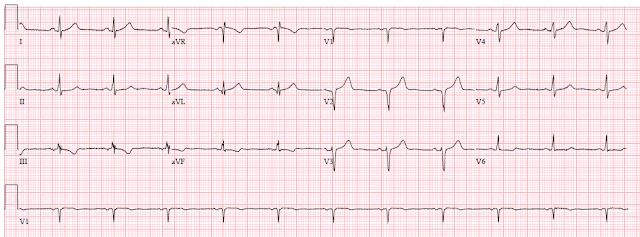MENDING TENDER LITTLE HEARTS
What is congenital heart defect (CHD)?
A congenital heart defect is an issue with the structure of the heart. It is present from birth, hence called congenital heart defect (CHD). Congenital heart defects are the most widely recognized kind of major birth defects. Each 1 infant out of 125 suffers from congenital heart disease. 50000 infants die each year in our nation before their first birthday because of their untreated congenital heart defects. Of all the deaths due to congenital malformations in children less than 1 year of age, half are due to congenital heart diseases. 25% of congenital heart diseases are undiagnosed even in school-age children. These facts are alarming; therefore, there is an extensive drive in developed countries to analyze congenital heart diseases during childbirth before children die undiagnosed and untreated.
Most congenital heart disease can be effectively diagnosed in pregnancy between 18 to 20 weeks of gestation by ultrasound of the heart. This can enable guardians in crucial choices: like whether to proceed or not with the pregnancy. This also helps guardians who wish to proceed with the pregnancy and prepare financially and mentally for the surgery etc.
What is the treatment for congenital heart defect?
1) Surgery
In the past, children born with a heart issue normally required open heart surgery. A kid may require open-heart surgery if his or her heart defect can't be fixed using a catheter procedure. In some cases one surgery can repair the defect completely; in other cases, they require multiple surgeries. Cardiovascular specialists may use open-heart surgery to:
•Close holes in the heart with stitches or a patch
•Repair or replace heart valves
•Widen arteries to heart valves
Once in a while, babies are born with multiple defects that are too complex to repair; these children may require heart transplants. In this system, the youngster's heart is replaced with a solid heart from a deceased kid. The heart has been given by the deceased child’s family.
2) Catheter Procedures
In many cases, therapeutic cardiac catheterization enables particular patients to keep away from cardiovascular surgery/scar.
Cardiac catheterization is a technique done through a vessel in the leg, without opening the chest. The advantage is that it doesn't involve a scar on chest, doesn't involve intensive care/ventilation and in particular, the patient is up and about that day, prepared to go home next day.
Surgeries/catheter interventions can be offered at any age and at any weight. One doesn't need to wait for the child to grow if the surgery is indicated.
Heart surgeries/catheter interventions should be done in a convenient manner according to the guidance of doctor taking care of the child. A pediatric cardiologist is a physician who has received extensive training in the diagnosis and treating children’s cardiac problem. Evaluation and treatment may start with the fetus since heart problem can now be detected before the birth. He/she is also trained to care adults who were born with heart issues. There is a typical misconception that a pediatric cardiologist can just take care of kids, in fact, it is easier for a pediatric cardiologist to intervene on adults who are borne with heart disease but never knew about it.
When should one consult a pediatric cardiologist?
1) Pregnant women who have diabetes, heart diseases or previous child with a heart disease, who are on certain medications, for example, anticonvulsants/antidepressants. 18 - 20 weeks of gestation is the perfect time for fetal echocardiography.
2) The Child with irregular heartbeats.
3) The Child with poor or no weight gain.
4) The Child with the heart murmur.
5) The Child having cyanosis (blue lips/blue fingers)
6) The Child having hypertension.
7) The Child with heart failure
8) The Child who have had past heart surgeries.
9) Adults who are referred to have heart illnesses, for example, a hole in the heart since childhood.
What can a pediatric cardiologist offer?
The pediatric cardiologist has a wide range of a population to serve from pregnant women, infants, children to grown-ups with congenital heart diseases. He/She is unique in a way that not just he/she can diagnose heart diseases and treat with medications yet additionally operate on the majority of them without opening the chest by a strategy called cardiac catheterization. Pediatric Cardiologist can offer,
1) Fetal echocardiography for pregnant women between 18 - 20 weeks of gestation.
2) Echocardiography for youngsters and adults born with heart diseases.
3) Procedures for different inborn heart diseases, for example, ASD, VSD, PDA, coarctation, stenosis and so on without opening the chest through cardiovascular catheterization
These procedures are offered to kids as well as to adults and in fact easier in adults as they are technically less challenging.




Comments
Post a Comment